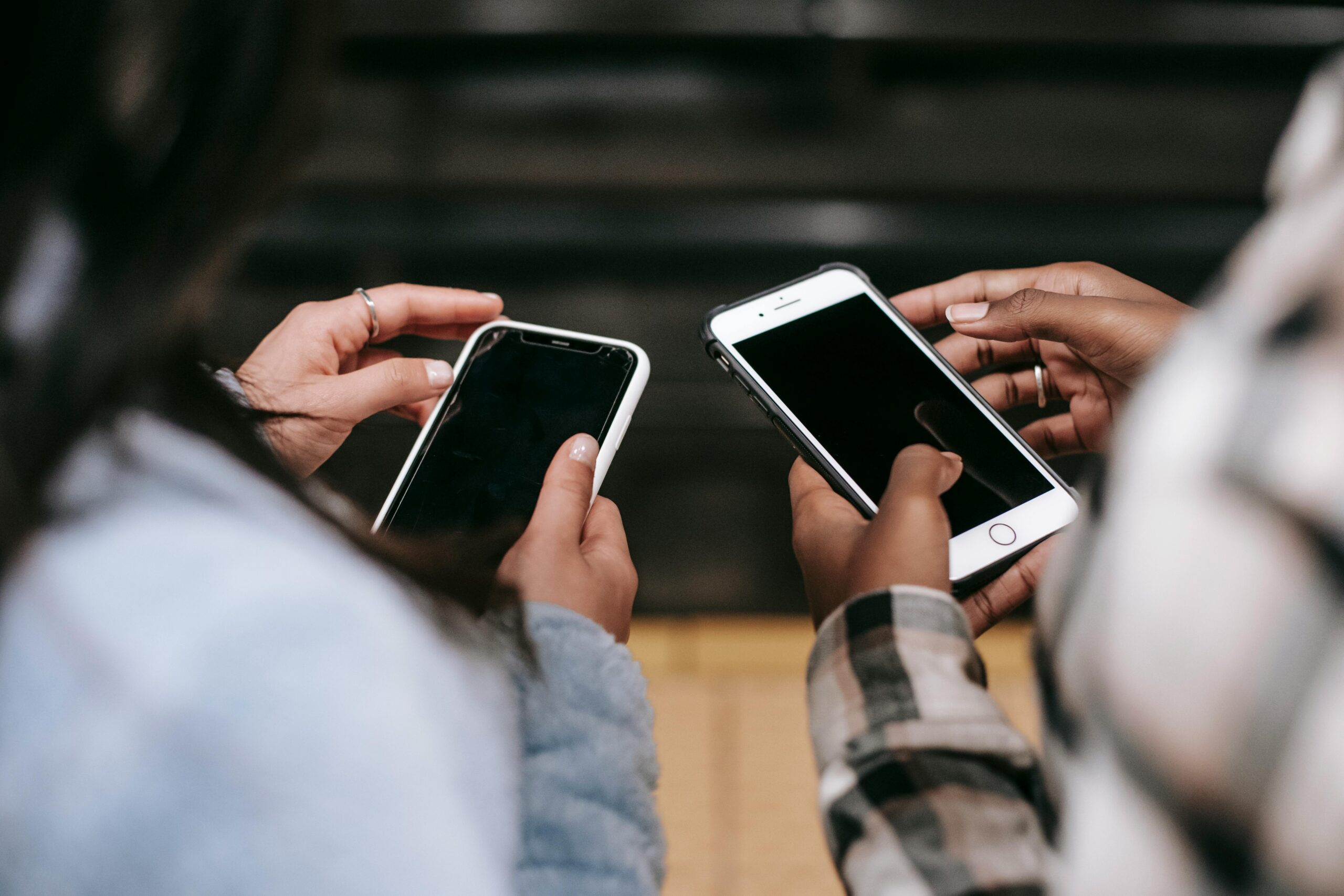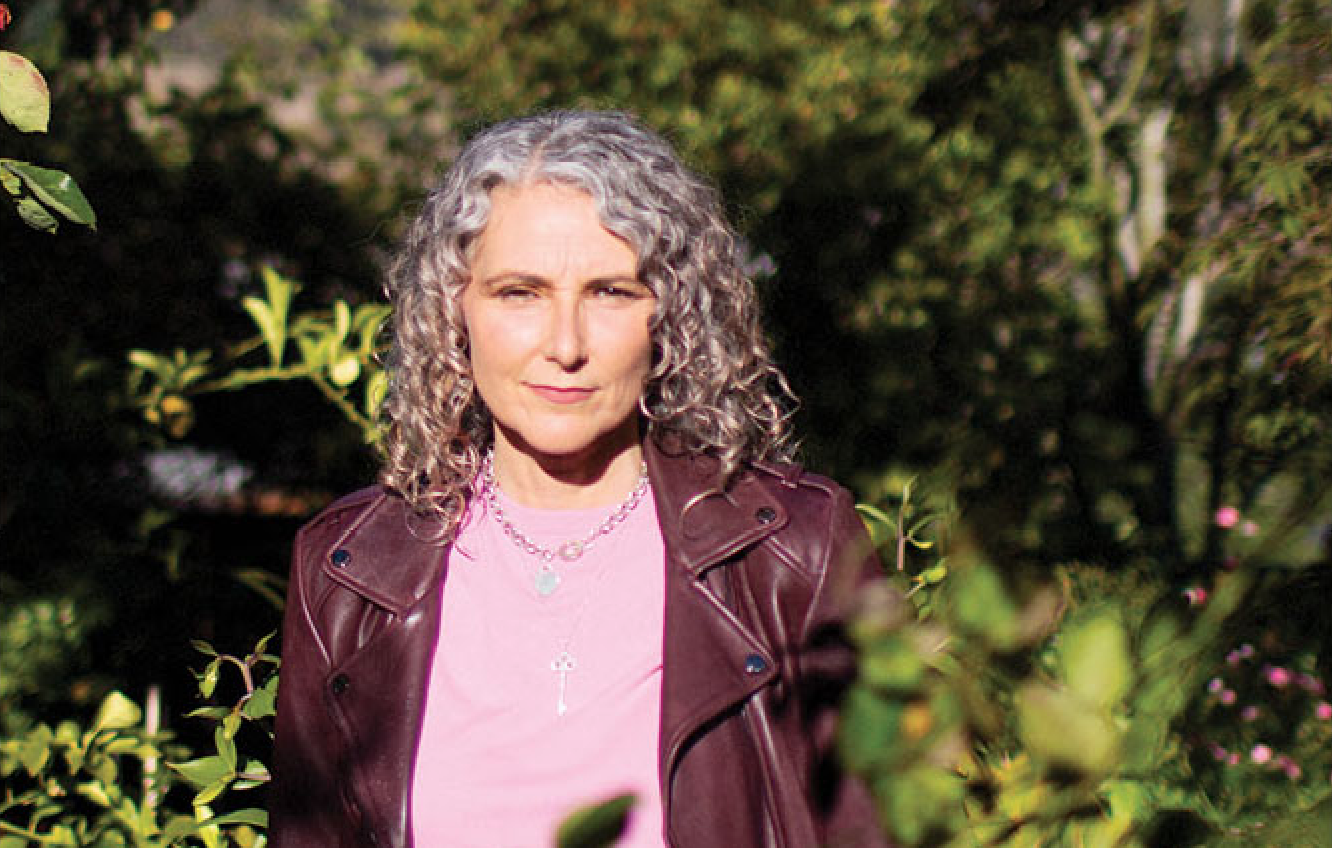
When the global pandemic hit, many businesses were shut down, some forever, and we as a collective society had to find new ways to focus on our health and wellbeing. For those of us whose self care regimen relied on salons and spas, it was sad to see a number of our fave small business owners struggling to figure out when they would be able to re-open.
As individuals, the pandemic has certainly opened our eyes up to the importance of self care not just as a luxury, but as a necessity. For the sake of our mental health, physical health, and investing in the notion of rest and healing, self care took on a whole new meaning during lockdowns and quarantine.
In Britain, as everyday folks continue to grapple with the impact of COVID-19, a new survey found that the pandemic has shifted the way the nation thinks about beauty and self-care overall. In July, Champneys, one of the leading wellness destination spas in the world, surveyed 2,000 Brits to uncover how their views on beauty treatments have changed since the beginning of the pandemic.
Here are some highlights:
- A quarter (25%) of the nation feel less pressure to get aesthetic treatments
- More than one in ten (13%) have experienced a home beauty treatment go wrong
- Almost a third (30%) of Brits invest more time into self care since the pandemic
- Almost half (49%) of the Gen Z population invests more time into self care to help with their mental health
Home treatment horror stories
Some treatments are best left to the experts, but that doesn’t mean the public shied away from giving them a go whilst salons were closed. Nearly one in five (19%) Brits admitted to not knowing the safety risks and dangers with home treatments, so it’s no surprise that 13% of people have had a home treatment go wrong.
From Gorilla Glue hair to TikTok beauty trends gone sideways, there has been an array of at-home mishaps since pre-pandemic. The younger generation, 16-24-year-olds, were most likely to experience a horror story home treatment, with 15% needing to seek professional help to fix the mistakes of their at-home beauty hack. Surprisingly, more men have tried a DIY beauty treatment that resulted in an injury than women.

Brits’ priorities shift to more holistic treatments over aesthetic
One in four (25%) Brits feel less pressured to get aesthetic treatments – such as nails, lashes, eyebrows, fillers and tanning – since pre-pandemic, while one in five (20%) now prioritize wellbeing treatments – such as massages, facials and other wellness treatments. Champneys also found that 30% of people now invest more time into self care, including the likes of skincare, waxing and facials. This data shows how far the pandemic has transformed the nation’s views and priorities when it comes to beauty and personal care.
Gen Z is the generation prioritizing holistic wellbeing treatments the most, as well as being the age group investing more time into self care as they believe it has a positive impact on their mental health, with almost half (49%) agreeing. Millennials are the generation that has seen the biggest change in their priorities for treatments, now seeking wellbeing treatments more than aesthetic, while The Silent Generation (74 years and older) are the only group still prioritizing aesthetic treatments.
“Although some attempted at-home treatments, the break we’ve seen in the public’s usual beauty regime while beauty salons and spas were closed looks to have triggered an interesting shift in priorities. Our data shows that people in the UK are looking for more holistic and wellness-centric treatments, such as massages, facials and spa visits, than aesthetic beauty treatments,” said Laura Tatlow, Group Spa Director at Champneys commenting on the research.
Self care can mean different things to everyone; for some it is taking a nice long walk, for others it is a face mask and a bath, while for some it can be meditation. When Champneys asked Brits ‘What does self care mean to you?’ these are the main themes that came up:

“Not only do these wellness treatments help to rejuvenate, heal and re-energize our bodies, but they are also a great practice for mindfulness. This has proven to be a clear priority for many people across the UK with the report revealing a strong link between self care and its positive impact on mental health,” said Laura.
It is often said that a major life change can force us to change our personal habits and prioritize our own health, and the pandemic has certainly done this. As uncertainty continues to swirl, self care can be the one thing we are able to control, especially now with external pressures seemingly fading away with extended periods of time spent at home. Additionally, it has enabled many people to support local and small businesses, and understand how we all play a significant role in keeping them thriving.
“Not only is it great to see people prioritizing their wellbeing in a time that has been challenging for everyone, both mentally and physically, but it’s also extremely welcoming to see UK cities come together to help support the reopening of our beauty and wellness industry across the nation,” said Laura.
How has your self care regimen changed since the beginning of the pandemic? Has COVID-19 forced you to take more time to focus on your health and wellbeing? To see the full research from Champneys click HERE.

















